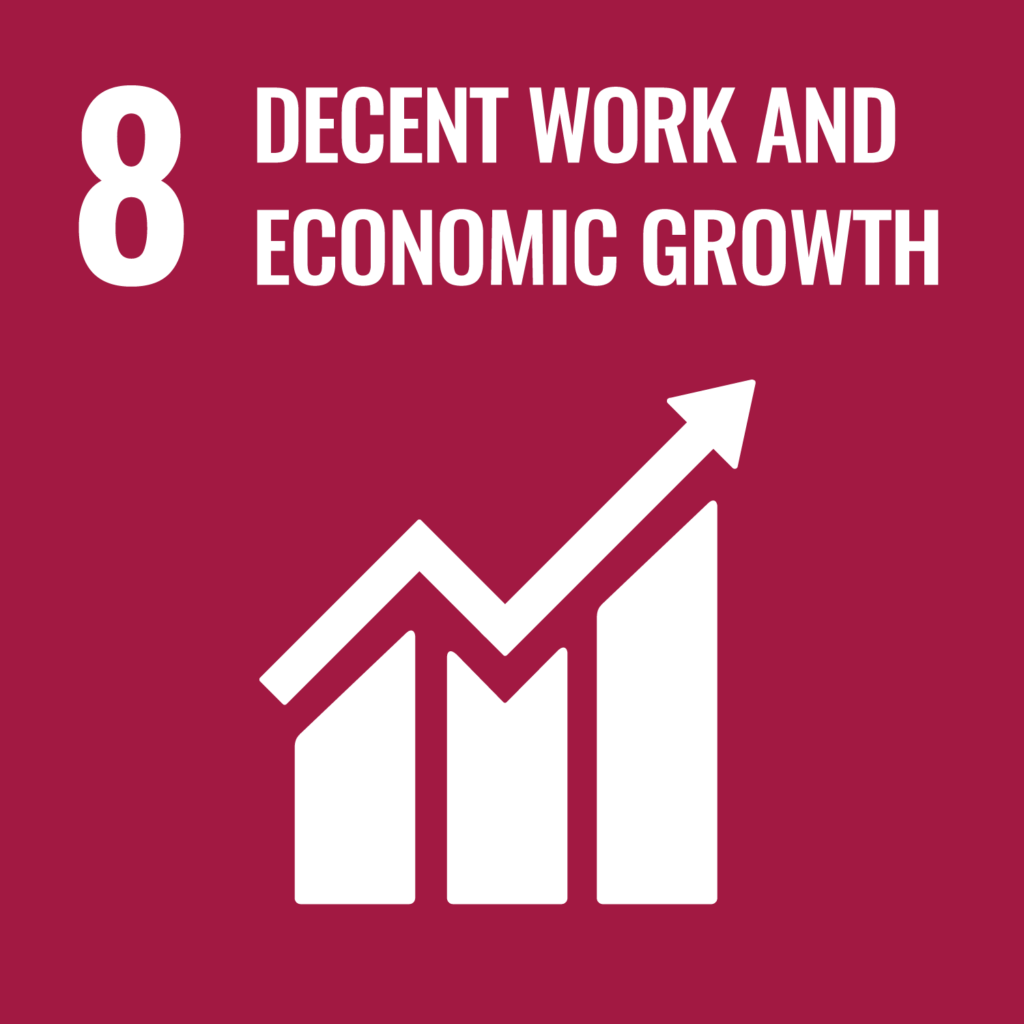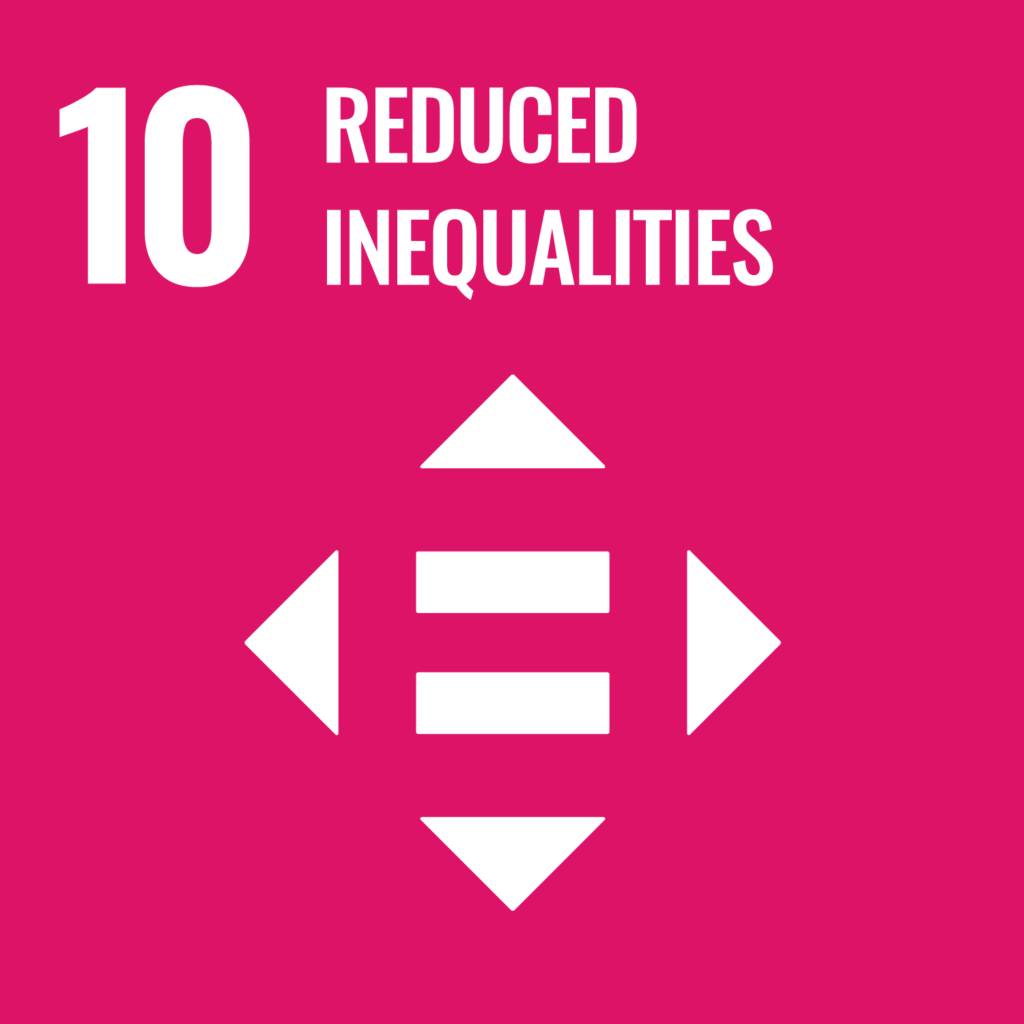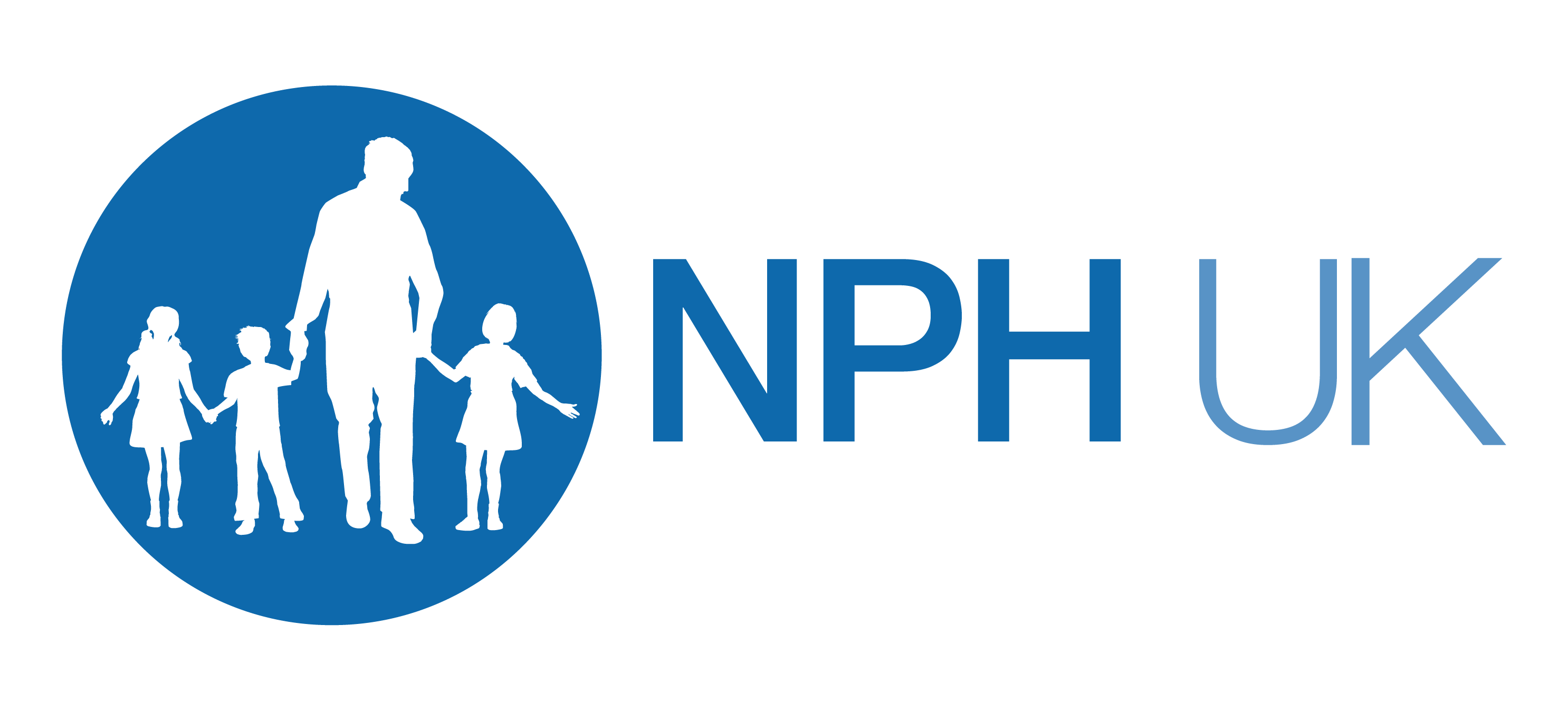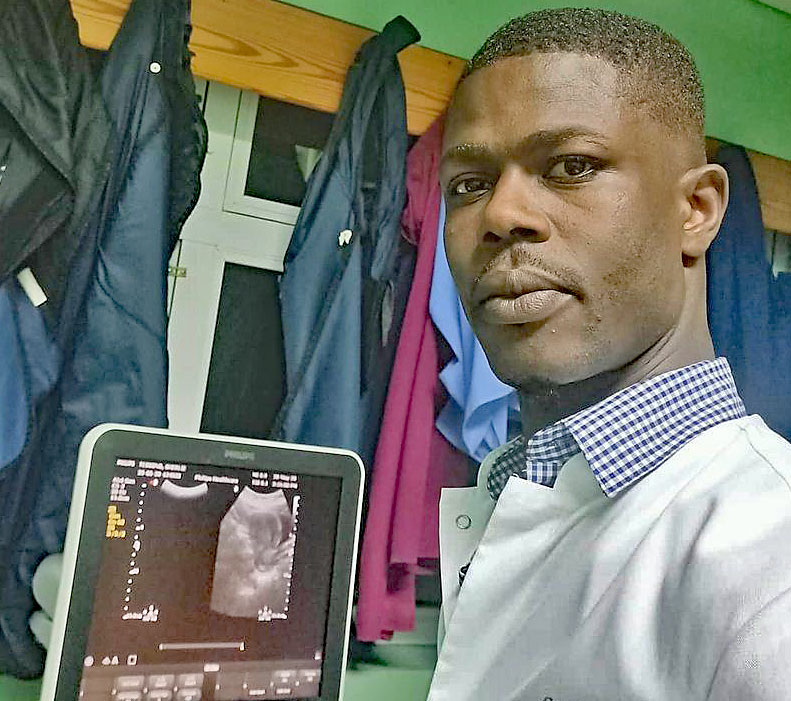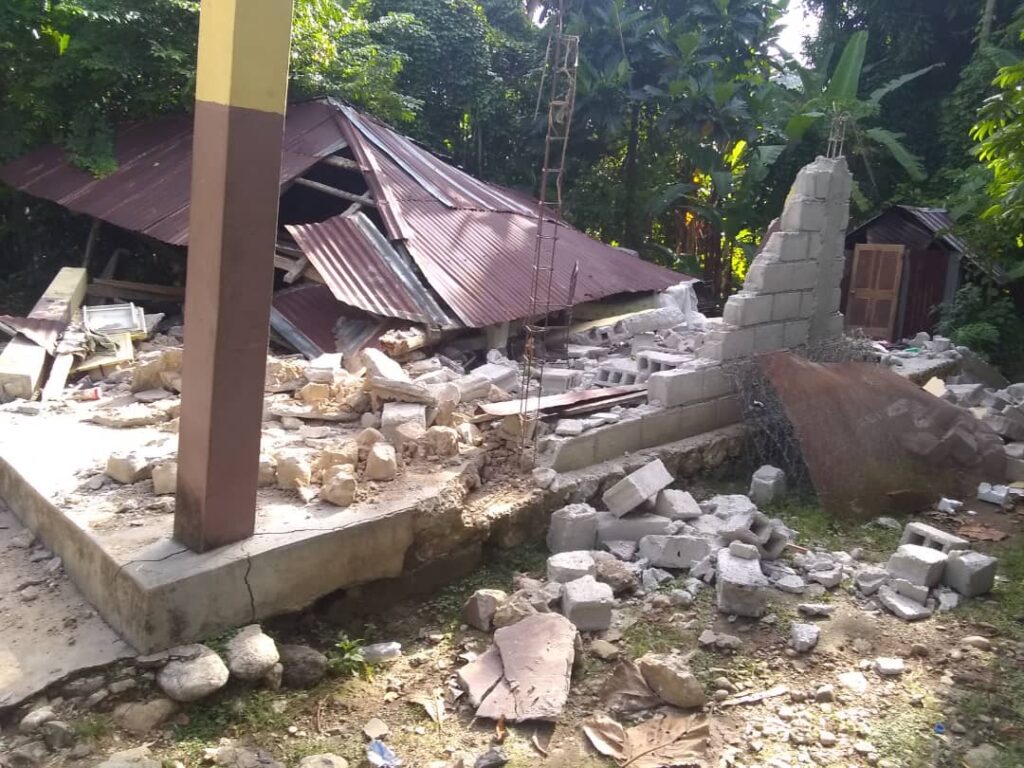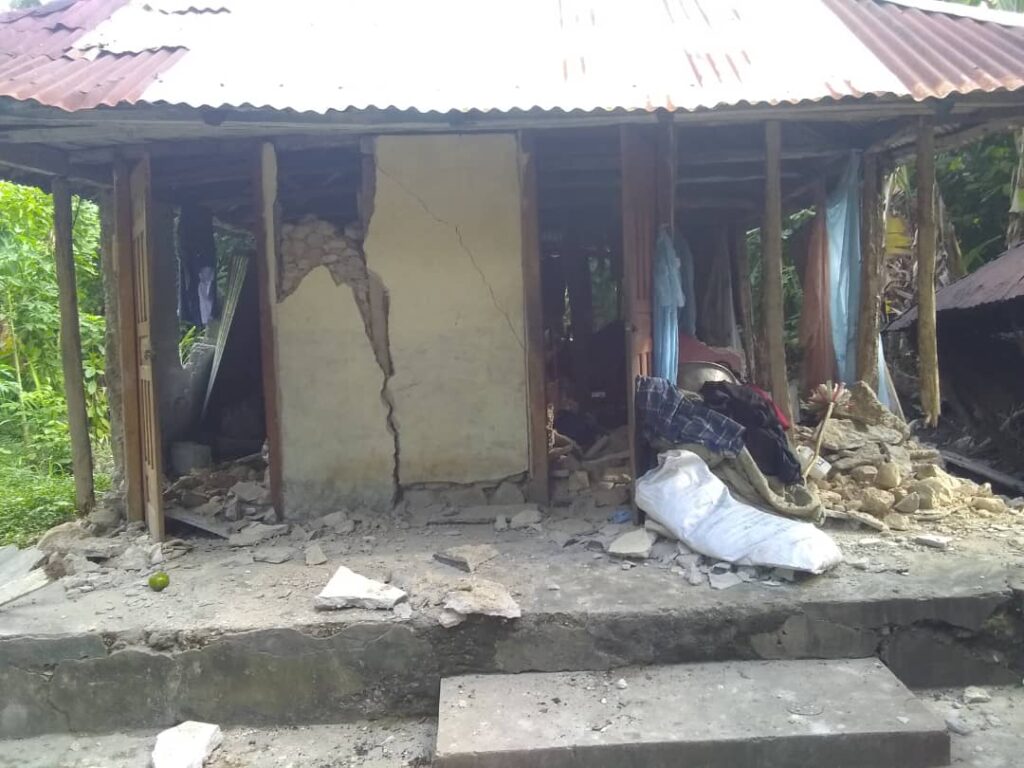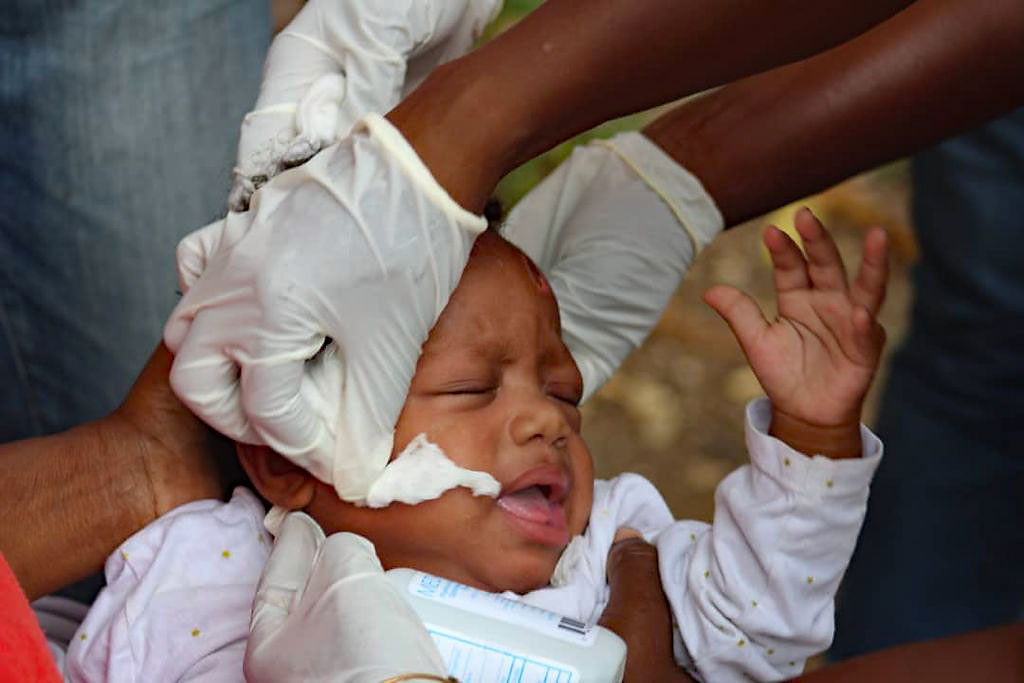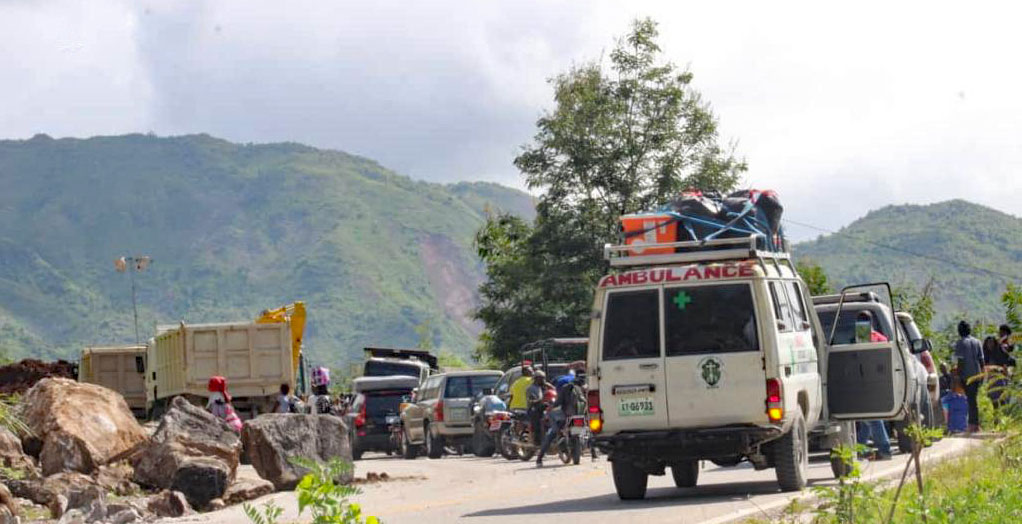In a country where women fight for their rights daily, NPH Guatemala helps rural women to develop skills and become more socially involved and financially independent.
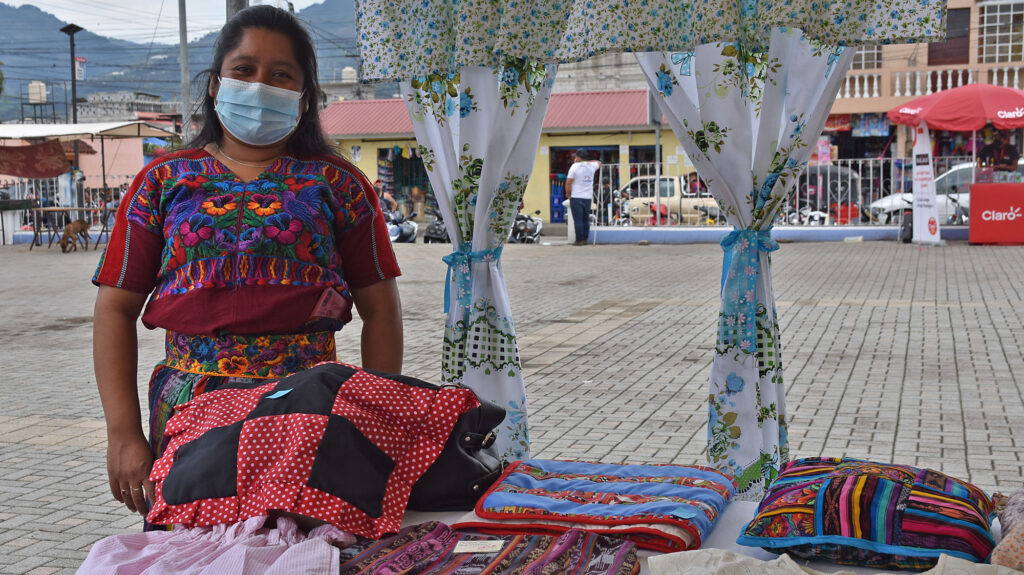
Women in Guatemala, particularly indigenous and mestizo women from rural areas, have poor access to services, especially education, limiting their employment and earning potential. Women in Guatemala make up 51 percent of the total population, yet they have historically benefitted little from development. The Economic Commission for Latin America (ECLAC) estimates that Guatemala has the second-highest female illiteracy rate in Central America.
Unpaid and exposed to violence
Many Guatemalan women perform unpaid childcare and domestic work, so have few opportunities to participate in the formal economy. Financial dependence makes them more vulnerable to domestic violence and less inclined to pursue justice through the legal system.
NPH and Parramos Municipality together
NPH Guatemala partners with the “Oficina de la Mujer” (the Office for Women), a service of the Municipality of Parramos, where our family centre is located, that seeks to promote the well-being of local women and families. Together we assist women to develop skills. We also foster women’s community leadership and promote their economic, social and political participation, as well as helping to make them aware of their rights.
Dina Lopez, director of the Women’s Office in Parramos and programme leader of the “Empoderamiento a Mujeres” (Women’s Empowerment) initiative, has coordinated the programme for 6 years: “Women in Parramos have an average monthly income of 1,250 quetzales (123 pounds – less than half the official minimum wage). Most women here work informally in agriculture, washing clothes or cleaning houses,” says Dina.
Baking, sewing and tailoring workshops
Many women in Parramos suffer from male chauvinism, crime, and violence. The women’s emancipation programme also helps women at risk to develop their work skills. In 2021, NPH Guatemala’s joint alliance with the Women’s Office offered bakery, sewing, and tailoring workshops to help women enter the labour market, start micro-enterprises, and improve their standard of living. Josefina, from San Luis in Parramos, is an example of how women can use this training to become more prosperous.
A family in need of funds

Josefina lives with her husband, 2 daughters and son in a small house in San Luis. Before the COVID-19 pandemic, Josefina worked in a restaurant in Antigua Guatemala for many years. The pandemic caused a major downturn in tourism, so Josefina lost her job in April 2020. Since then, she has worked from home by cooking for events, and sewing fabrics to contribute to the family’s income. “An extra income allows my children to continue studying and become professionals with better opportunities in society,” says Josefina.
The price of Covid-19
Due to COVID-19, schools switched from in-person classes to teaching online. This meant that Josefina had to install an internet connection at home so that her children could continue their studies. “I have managed to make clothes and increase our family’s income so we can comply with the new schooling requirements, but it’s very difficult,” she says.
A workshop changed Josefina’s life
Josefina thinks group training is a great way for her to share her knowledge and enhance her personal skills. Back in 1996, she held talks about male chauvinism. Since then, Josefina has been a female leader in her community, teaching skills to indigenous women’s groups to help generate more income, such as how to make soap and other products, plus how to cultivate land to grow vegetables. These skills are important because in rural Guatemala women play key roles in achieving food security and increasing the livelihoods of their homes and communities.
Josefina learned about NPH Guatemala from one of her neighbour’s children, who had attended school there. One day, she saw a social media post about free workshops in bakery, sewing, and tailoring offered by the Women’s Office and NPH Guatemala. She contacted Dina Lopez and signed up for the 3-month course beginning in February 2021 at NPH’s Casa San Andrés centre.
A keen student
Josefina wanted to improve her sewing. She was an active student during the course, the only one to deliver extra garments every week. She could see the instructor’s talent: “As an keen student, willing to learn, I was attentive to everything the teacher shared, because I could see she based her teaching on the student’s ability,” says Josefina.
Josefina – best in class
On graduating , 11 women received certificates in baking and 8 in sewing and tailoring. Josefina won a prize for being the best student, and is now the proud owner of a new sewing machine. During the rest of 2021, she worked for a private business and neighbours.
Growing the business
She also took on bigger tailoring projects, like one for the municipality of Parramos, sewing 200 seat covers and 20 table runners. “I would like to learn more sewing techniques, that’s why I signed up for the second course in January 2022. I’ll be able to make other garments using more advanced and specialised sewing skills,” says Josefina.
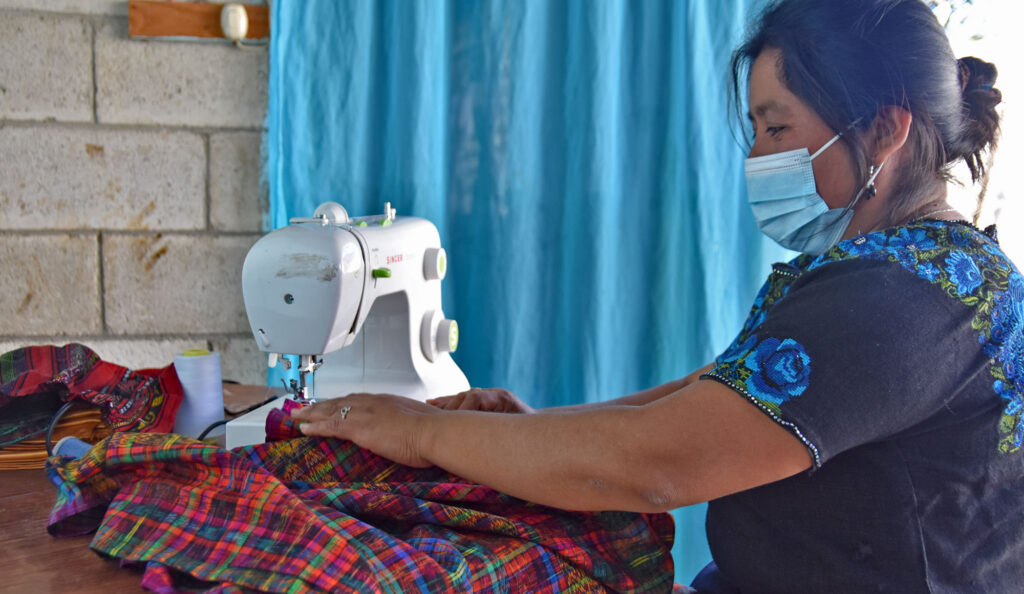
NPH’s commitment to the UN Sustainable Development Goals
NPH Guatemala is committed to the promotion and implementation of the United Nations Sustainable Development Goals (SDGs).

